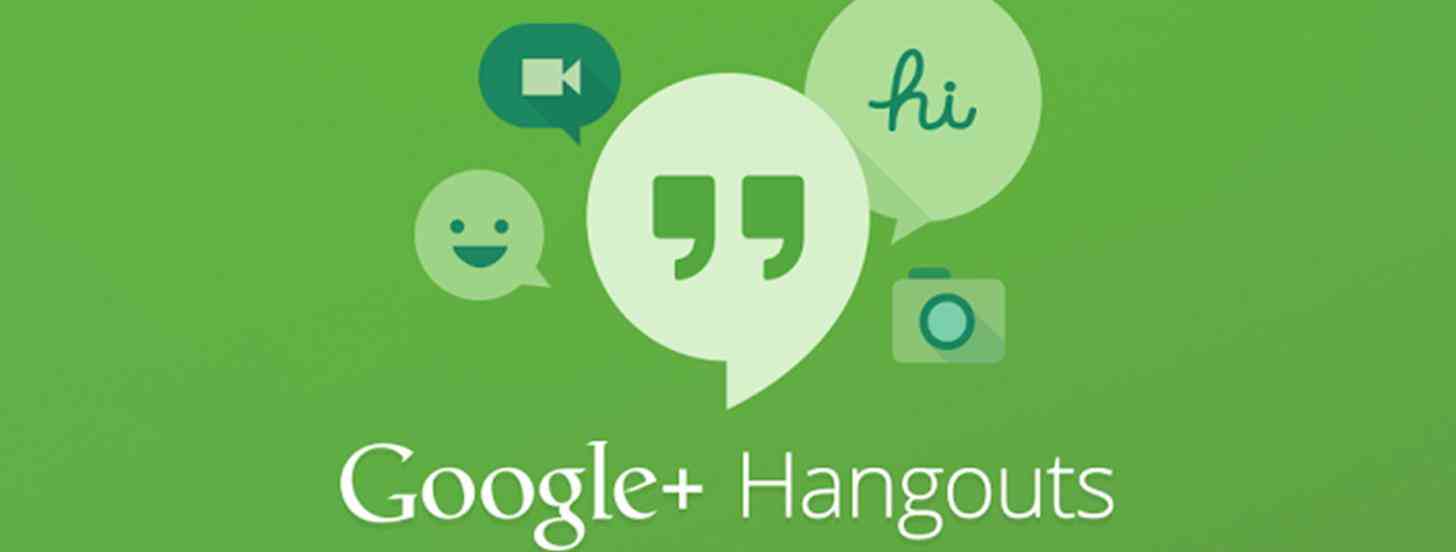
One of my favorite things about Android is the fact that you have choices. You can choose between different brands, specs, price ranges, and features. On the software side of things, the sky’s the limit. You can change a lot out of the box, and if you’re willing to get a little experimental and explore the wonderful world of rooting, you can change a lot more.
One of the first things I end up changing when I get a new Android are the defaults. I don’t typically use the default launcher, browser, or messaging system. Traditionally, my changes are predetermined to be the same things I almost always use: Nova Launcher, Google Chrome, and Hangouts. But this past year I’ve discovered that I’m having a really hard time committing myself to Google’s increasingly confusing messaging platform(s).
Having a powerful messaging tool is a pretty big deal in the mobile industry. BlackBerry Messenger was once a huge “must have” for group communication, especially for businesses. Although Apple’s iPhone was slowly but surely taking over due to its overall design and functionality, BlackBerry’s main advantage, BlackBerry Messenger, remained a force to be reckoned with - that is, until iMessage came along.
6 years later and iMessage is still as popular as ever. Many still cite iMessage as being the sole reason they choose to use the iPhone. Aside from being an option that many are simply used to having at this point, part of iMessage’s charm is that it’s friendly to newcomers, even today. It’s easy to setup, and even easier to use as the service essentially does the hard work for you. Sending a message to another iMessage user? Done. Sending a message to somebody who doesn’t have iMessage? No problem; done. Other strong points include FaceTime integration and last year’s huge update, which added a plethora of fancy new features, and its ability to sync across connected iPhones, iPads, iPods, and Macs.
So BlackBerry had its thing, and Apple has its thing. What about Google? Well, Google has a lot of things, none of which are particularly polished, complete, or guaranteed to stick around, and therein lies the problem.
Clearly, Android is moseying along just fine without a designated messaging platform, but I’m a firm believer that just because things are going well doesn’t mean they can’t still be improved upon. I would love it if I knew where Google was going with its completely fragmented messaging services. Do they want people to use Google Voice and Hangouts, Allo and Duo, Google Messenger, or a mixture of all of them? Nobody knows where these apps are going or even where they’re coming from, and without a clear-cut answer of which ones will stick around and which ones won’t – or at the very least a plan to consolidate these features into one app someday – then I just don’t feel the need to invest my time using them right now.
Oddly enough, that brings us back to the beauty of Android. Even without a standard option from Google (which is disappointing at best, but not devastating), there are a lot of options out there that one could choose as their default. I personally use Textra and am happy with it. Ultimately, I’m done holding my breath over Google coming up with a magical solution anytime soon. I think the world would sooner see iMessage support for Android before that happened, which would be a perfectly acceptable solution to me… but also probably a pipe dream, at best.